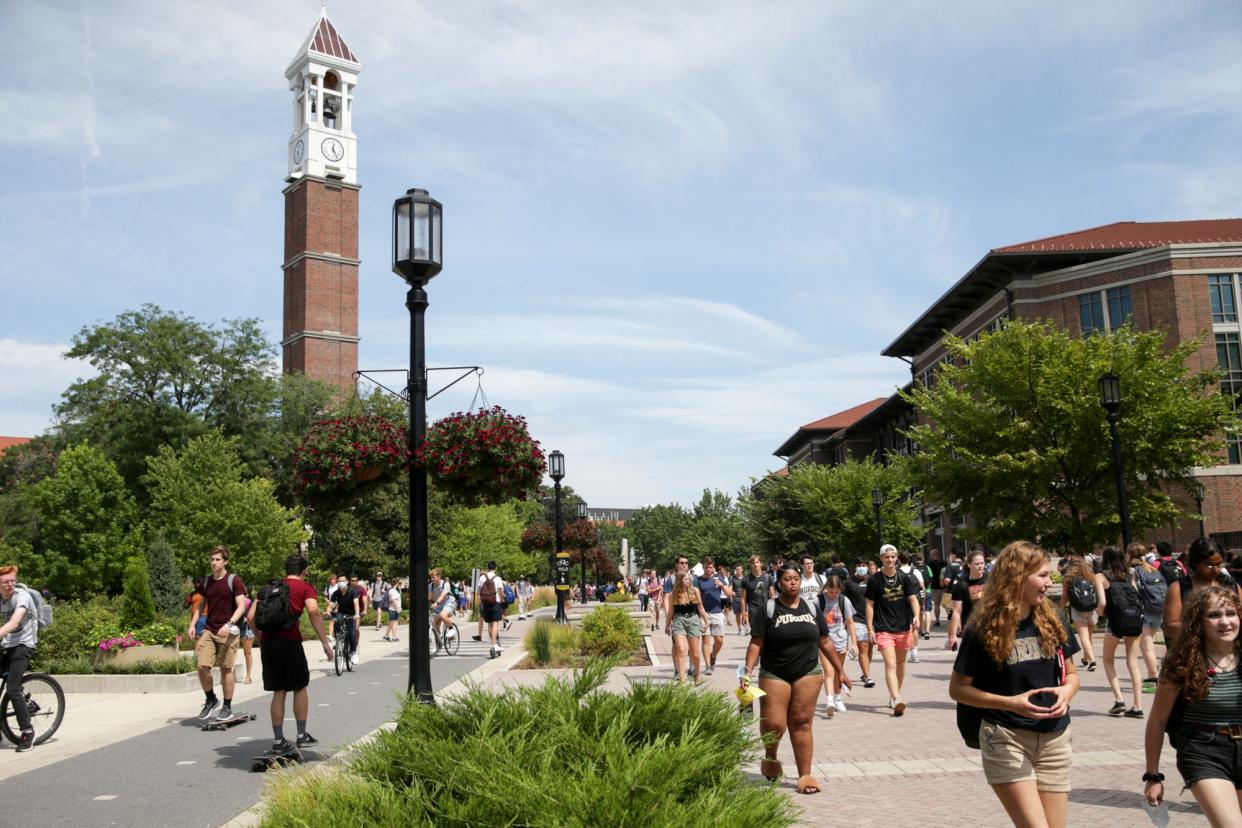'A real advance in the care of strokes...' Purdue professor develops promising treatment

WEST LAFAYETTE, Ind. — A Purdue University associate professor has created a new treatment for strokes that has proven to be 86% effective in animal models.
This treatment utilizes a magnetically controlled "microrobot-enabled self-clearing catheter" that removes blood accumulating in the brain during a stroke, according to a release from Purdue.
Hyowon "Hugh" Lee is an associate professor from the Weldon School of Biomedical Engineering. His innovation was tested on "porcine models of hemorrhage" in collaboration with neurosurgeons Timothy Bentley from Purdue's College of Veterinary Medicine and Albert Lee from Goodman Campbell Brain and Spine in Carmel.
The microrobots have successfully removed the blood in six of the seven animals that were treated, according to Purdue.
"This innovation is a real advance in the care of strokes, which are notoriously difficult to treat," Hugh said.
Albert Lee further discussed the current standard of treating strokes, which involves a blood thinner called tissue plasminogen activator. This treatment cannot be used for all hemorrhagic strokes.
"Patients with brain hemorrhages have a mortality rate of up to 50%," Albert said. "Currently there is no great therapeutic solution for intraventricular hemorrhage. The only other option is blood clot-dissolving drugs that have undesirable risks."
Hugh Lee, in collaboration with former graduate student Qi Yang's, innovation is remotely activated using externally applied magnetic fields.
"There is no need for an implanted power source or complicated integrated circuit," Hugh said. "As you change the direction of the magnetic field, the microdevice moves like a compass needle with a magnet nearby. They can be part of an implantable shunt system or a part of extraventricular drainage systems."
A patent for Hugh's innovation has been filed for intellectual property through the Purdue Research Foundation Office of Technology Commercialization.
Future plans for Hugh's technology is to receive approval from the U.S. Food and Drug Administration for its first in-human study.
This article originally appeared on Lafayette Journal & Courier: Purdue professor develops promising treatment for strokes

